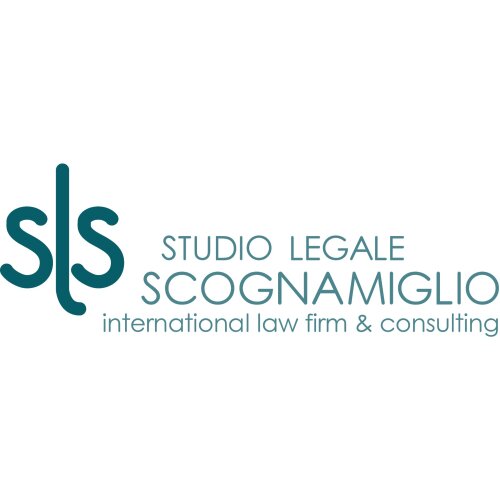Best Class Action Lawyers in Naples
Share your needs with us, get contacted by law firms.
Free. Takes 2 min.
List of the best lawyers in Naples, Italy
About Class Action Law in Naples, Italy:
Class action, known in Italy as 'Azione Collettiva', is a judicial procedure that allows a group of individuals with similar or identical claims to act against a single entity. This procedure is quite common in Italy, particularly in Naples, and often used in cases relating to consumer rights, financial services, environmental damage, and more. The class action law came into force in Italy in 2010 with the intention to enhance consumer protection and to simplify judicial proceedings.
Why You May Need a Lawyer:
In situations that involve complex legal matters, such as a class action, you may benefit from seeking the expertise of a lawyer. Some common situations include when you're affected by a product defect, false advertising, data protection breaches, or if you have suffered financial loss from an investment based on misleading information. A lawyer will guide you through the complexities of the Italian legal system, helping you to define your rights, identify possible claims and determine whether a class action can be initiated.
Local Laws Overview:
In Italy, the legislative framework for a class action is contained within the Consumer Code and the Civil Procedural Code. The new Class Action Law (Law no. 31/2019), in effect from July 2020, broadened the scope of class actions applicable across several fields. It introduced an opt-out system for class members and lifted the previous requirement that the class plaintiff must be a consumer. Now any person or entity that has an individual homogeneous right may bring a lawsuit via class action, regardless of whether they are Italian or foreign.
Frequently Asked Questions:
1. Who can initiate a Class Action in Naples, Italy?
Any physical or judicial person, associations and committees that have a direct, individual right that is homogeneous with those of the class members can initiate a class action. They do not need to be a consumer or user directly affected.
2. How long does a Class Action take?
The timeframe for a class action lawsuit in Italy varies depending on the complexity of the case. It can take anywhere from a few months to several years.
3. What is the cost of a Class Action lawsuit?
The costs of a class action lawsuit may include court fees, expenses involving notification to class members, lawyers' fees, and more. In some cases, the losing party may be obligated to pay all or part of these costs.
4. What compensation can be awarded in a Class Action lawsuit?
The compensation awarded in a Class Action lawsuit in Italy depends on the specifics of the case and is typically equal to the established damages suffered by the class members.
5. Can a Class Action decision be appealed?
Yes, Class Action decisions can be appealed by both the defendant and class members in Italy, following the general rules of Italian civil procedure.
Additional Resources:
For more information about Class Action law in Italy, you can consider visiting the official website of the Italian Ministry of Justice or the Italian Consumer Association (Federconsumatori). You can also reach out to local law schools like the University of Naples Federico II for informational resources.
Next Steps:
If you believe that you have a right that could be enforced through a class action, you should first consult with a lawyer who specializes in this field. They can guide you through the process and explain the likelihood of success, potential costs, and likely timeframe involved. Remember to gather as much information and evidence as possible about your claims to facilitate the process.
Lawzana helps you find the best lawyers and law firms in Naples through a curated and pre-screened list of qualified legal professionals. Our platform offers rankings and detailed profiles of attorneys and law firms, allowing you to compare based on practice areas, including Class Action, experience, and client feedback.
Each profile includes a description of the firm's areas of practice, client reviews, team members and partners, year of establishment, spoken languages, office locations, contact information, social media presence, and any published articles or resources. Most firms on our platform speak English and are experienced in both local and international legal matters.
Get a quote from top-rated law firms in Naples, Italy — quickly, securely, and without unnecessary hassle.
Disclaimer:
The information provided on this page is for general informational purposes only and does not constitute legal advice. While we strive to ensure the accuracy and relevance of the content, legal information may change over time, and interpretations of the law can vary. You should always consult with a qualified legal professional for advice specific to your situation.
We disclaim all liability for actions taken or not taken based on the content of this page. If you believe any information is incorrect or outdated, please contact us, and we will review and update it where appropriate.








